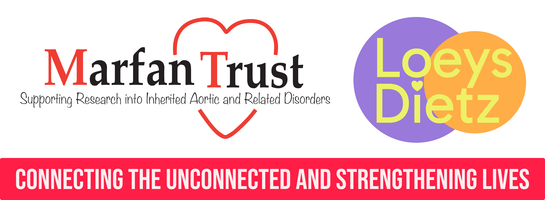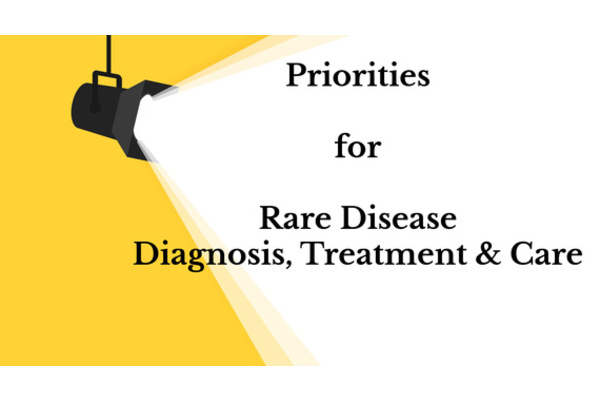Critical to improved health & quality of life is early diagnosis, something arguably hard to achieve with rarely seen illnesses. We recently attended the Westminster Health Forum who hope to change this but need your help in accomplishing their four main priorities for faster diagnosis, better coordinated care, increased awareness amongst medical professionals and improved access to specialist care. Read on ....
On Friday 28th April, our Nurse Specialist, Joanne, attended the Westminster Health Forum – Priorities for rare disease diagnosis, care and treatment in England.
An online conference with over 100 attendees including charities representing rare conditions and health care professionals, the conference was chaired by Baroness Pauline Neville-Jones Vice Chair, All-Party Parliamentary Group on Rare, Genetic and Undiagnosed Conditions and Professor Sir Mark Caulfield, Chief Scientist, Queen Mary University of London who was instrumental in delivering the 100,000 Genomes Project.
Although each condition is rare (defined by being seen in <1 in 2000 of the population) it is estimated that there is a population of 3.5 million people in the UK living with a rare condition. More effective diagnosis and treatment for all these individuals would lead to improved quality of life and more efficient use of the NHS.
This was an encouraging morning of presentations and discussion which highlighted the common themes for service development that have already been highlighted in the UK Rare Diseases Framework (2021) and the latest Rare Diseases Action Plan (2023)
- Priority 1 – Faster diagnosis. Many of our members have told us it can take considerable amounts of time and self-advocacy to be referred to specialists or for genetic testing. This is known as the ‘diagnostic odyssey’ and the aim is to reduce this considerably
- Priority 2 – Increased awareness in health care professionals. Again, this is a theme echoed by our members who have often been confronted with clinicians in A&E or in clinics who have none or very limited knowledge of Marfan syndrome.
- Priority 3 – Improved coordination of care and better use of new technologies and digital tools. A person with Marfan syndrome may have multiple specialists who care for them, there needs to be improved use of virtual platforms for appointments and better sharing of information across specialities.
- Priority 4 – Improved access to specialist care, treatment and drugs, regardless of a person’s geographical location
All these priorities will sound very familiar to our members and work to improve the situation is ongoing. Some examples include:
- Improved access for people with rare diseases to participate in research. The ‘Be Part Of Research’ platform allows you to search for studies taking place in your area or volunteer to be part of the National Institute of Health Research (NIHR) Bioresource. Have a look at the link here:
- Genomics England are considering ways to share information across the NHS that would accelerate and assist in the identification and diagnosis of rare conditions. For example, the sharing of information about genetic variants that are detected so these could be identified much more quickly in other families.
- Tech companies are looking at the use of artificial intelligence to support early diagnosis, for example, creating platforms that can search for the ‘digital footprint ‘of a diagnostic journey to try and identify individuals who may be suffering from an unidentified rare condition.
- Tech companies can also help in the development of tools that can be used by health care professionals in primary care settings to help in the identification of a possible rare disease diagnosis and ensure timely referral to a specialist
It was encouraging to hear about the work that is going on and the advent of innovative technologies that can hopefully enhance the work already being done. There is certainly great potential in this field and we will wait with interest for the 2024 update on the Rare Diseases action plan.





